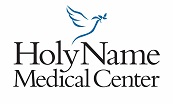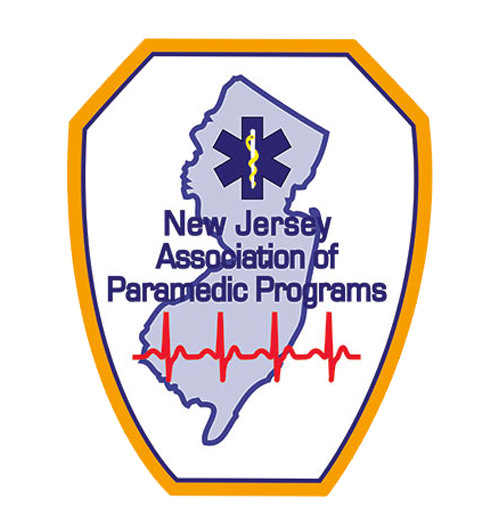Both EMTs and paramedics have the knowledge and skills to transport patients and provide them with emergency care. The biggest difference between them is the amount of education they receive and what they are allowed to do for patients (scope of practice).
EMTs usually complete a course that is about 150 – 220 hours in length. Paramedic courses can be between 1,200 to 1,800 hours. EMT and paramedic courses consist of lectures, hands-on skills training, and clinical and/or field internships. EMTs are educated in many skills including CPR, giving patients oxygen, administering glucose for diabetics, and helping others with treatments for asthma attacks or allergic reactions. With very few exceptions, such as in the case of auto-injectors for allergic reactions; Naloxone for overdoses; Aspirin; and oral glucose, EMTs are not allowed to provide mediations.
Paramedics are advanced providers of emergency medical care and are highly educated in topics such as anatomy and physiology, cardiology, medications, and medical procedures. They build on their EMT education and learn more skills such as administering medications, starting intravenous lines, providing advanced airway management for patients, and learning to resuscitate and support patients with significant problems such as heart attacks and traumas. Paramedic education programs may last six to twelve months.
Both EMTs and paramedics have the knowledge and skills to transport patients and provide them with emergency care. The biggest difference between them is the amount of education they receive and what they are allowed to do for patients (scope of practice)




















